This past couple of months we have witnessed the true power of a community to come together and to help one another. In witnessing it we have seen how community rises like morning mist over a garden, formed from countless invisible moments; each as brief and vital as breath. It can begin with the smallest currency of belonging: a smile to a stranger, a thank you to the bee pollinating the courgette flower, the quiet acknowledgment that we are fellow travellers on this bewildering road.
Perhaps it starts when a woman boarding a bus meets the driver’s eyes, her “good morning” warm and rooted. He straightens, carries that warmth to the next passenger, and the ripple moves through the bus like sunlight through leaves. Later that same day, in the community garden, sparrows chatter over the compost heap, and their chorus is an amen to human kindness. The threads are gossamer, yet when woven together, person to person, bird to tree, soil to rain, they are strong enough to hold us all.
A teenager bends to pick up litter, believing they are seen only by sparrows. Yet a woman watching from her window sees him and remembers her own capacity for care. The next day she helps an elderly man with his bags instead of hurrying past. She is seen by the chestnut tree at the corner, whose canopy offers them shade as they pause to rest. The shopkeeper who observes this lingers longer in conversation with a lonely customer, and in that exchange, the air itself seems to soften.
This is how community crystallises: not by design, but through the compound interest of care. A child guiding an old woman across the street creates an eddy of calm in the rushing city, an eddy noticed by pigeons cooing on a ledge above. A boy, hearing the hollowness in his mother’s voice, puts down his phone and asks, “What’s wrong?” In that moment of presence, gratitude colours the room and ripples out again from her.
Presence is the heartbeat of community. But presence requires slowing down, a radical act in a world that sells us speed while robbing us of attention. We cannot connect while racing ahead. We must arrive where we are, fully inhabiting this moment: the hum of bees, the texture of soil, the neighbour’s story told over the garden gate.
And when we pause, we notice that community was always here, waiting. The waitress who remembers not just orders but surgeries and grandchildren is no different from the wren who remembers where to return each spring. The newsagent who saves the last copy of a newspaper for Mr. Henderson echoes the oak tree who shelters the same fox every night. These gestures elevate the everyday into the sacred, the recognition of individual dignity within the wider weave of life.
Kindness attracts kindness. A group of friends gathering to tend a garden inspires others, until mornings become rituals of shared stewardship, where magpies scold from fence-posts and earthworms quietly bless the work from below. From these humble beginnings, something larger grows: gardens that yield not only vegetables but relationships, cafés that become “third spaces” where democracy and wildflowers take root side by side.
This is the miracle: community emerging not from committees or mandates, but from accumulated acts of generosity. Each smile a seed, each question a root, each gesture a branch in the living tree of connection.
Community, it seems, is a practice. Not a destination, but a way of moving together. It grows from pauses, from bus stops, from watering cans tipped over thirsty soil, from moments when we choose presence over absence, kindness over indifference. It is the understanding that we are walking each other home.
In a culture profiting from our loneliness, these small acts are revolutionary. A smile defies cynicism. A conversation resists disconnection. A helping hand, a shared seedling, a moment of attention given to a bird or tree, each act rejects the illusion that any of us are expendable.
The truth is simple: we are already connected. Community is not built from nothing it is remembered, tended, brought back to life, like perennials re-emerging each spring. It waits in the spaces between us in the mycelium underfoot, in the birdsong overhead, in the quiet “yes” of strangers who become neighbours, and neighbours who become kin.
Each day, in our silences and our gestures, our hurries and our pauses, we vote for the world we wish to inhabit. And the most beautiful truth is this: every act counts, every kindness matters, and it is never too late for us, or for the earth to begin again.
